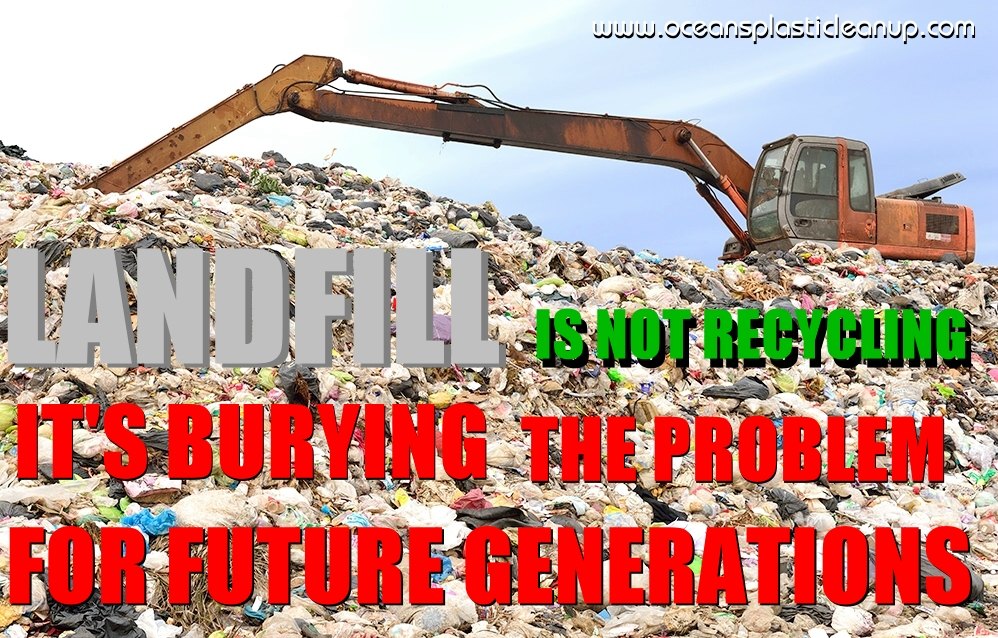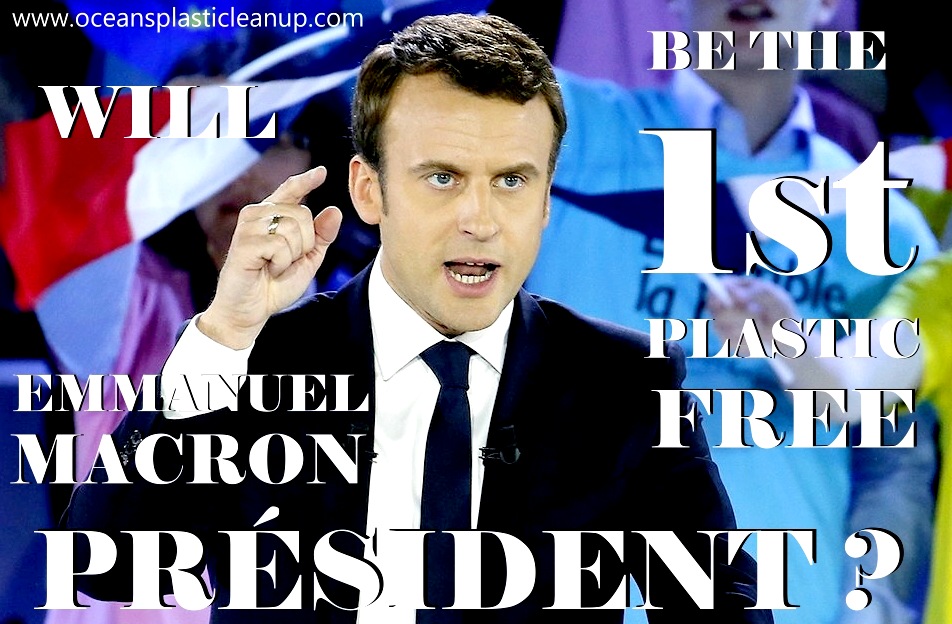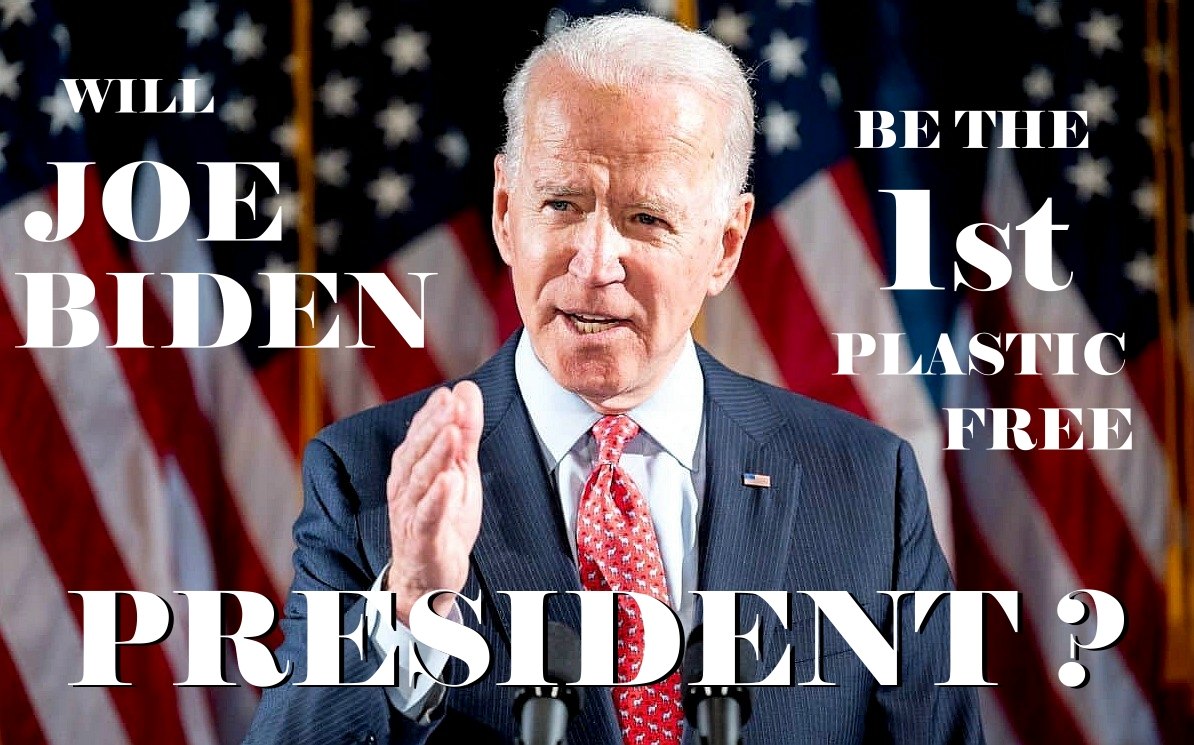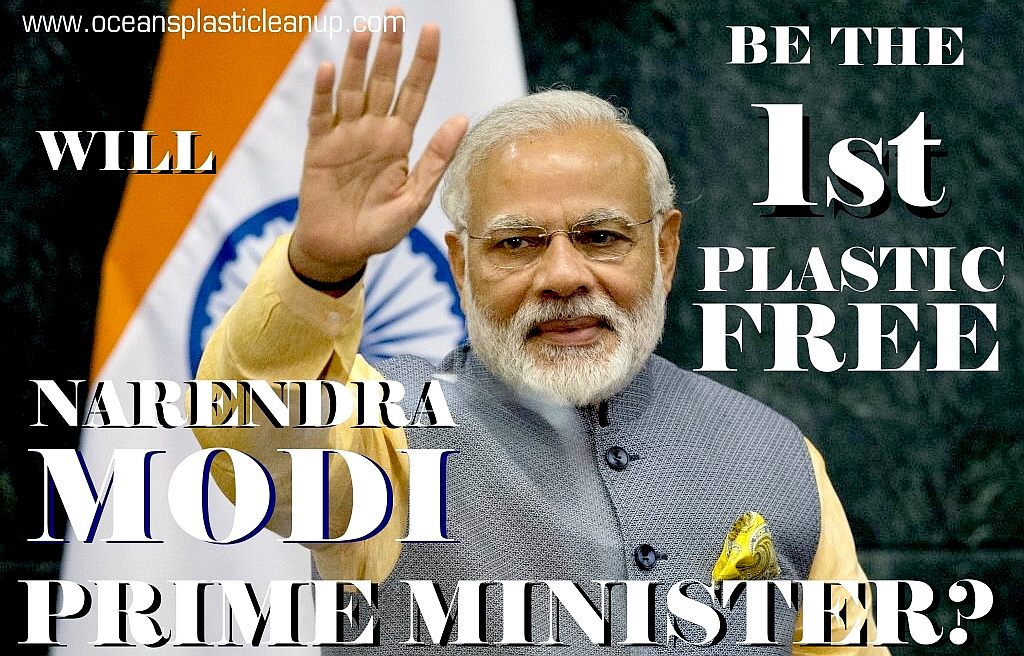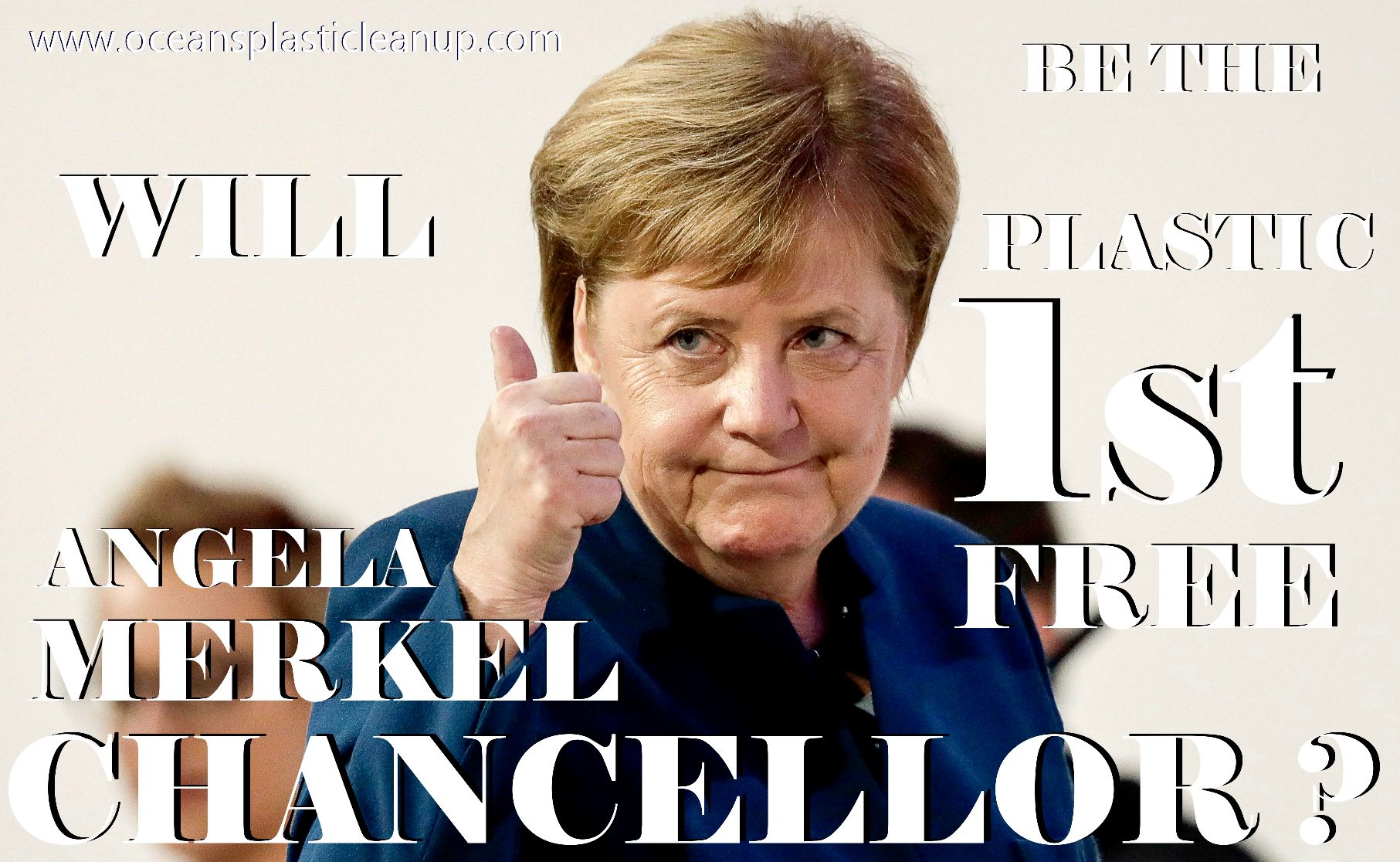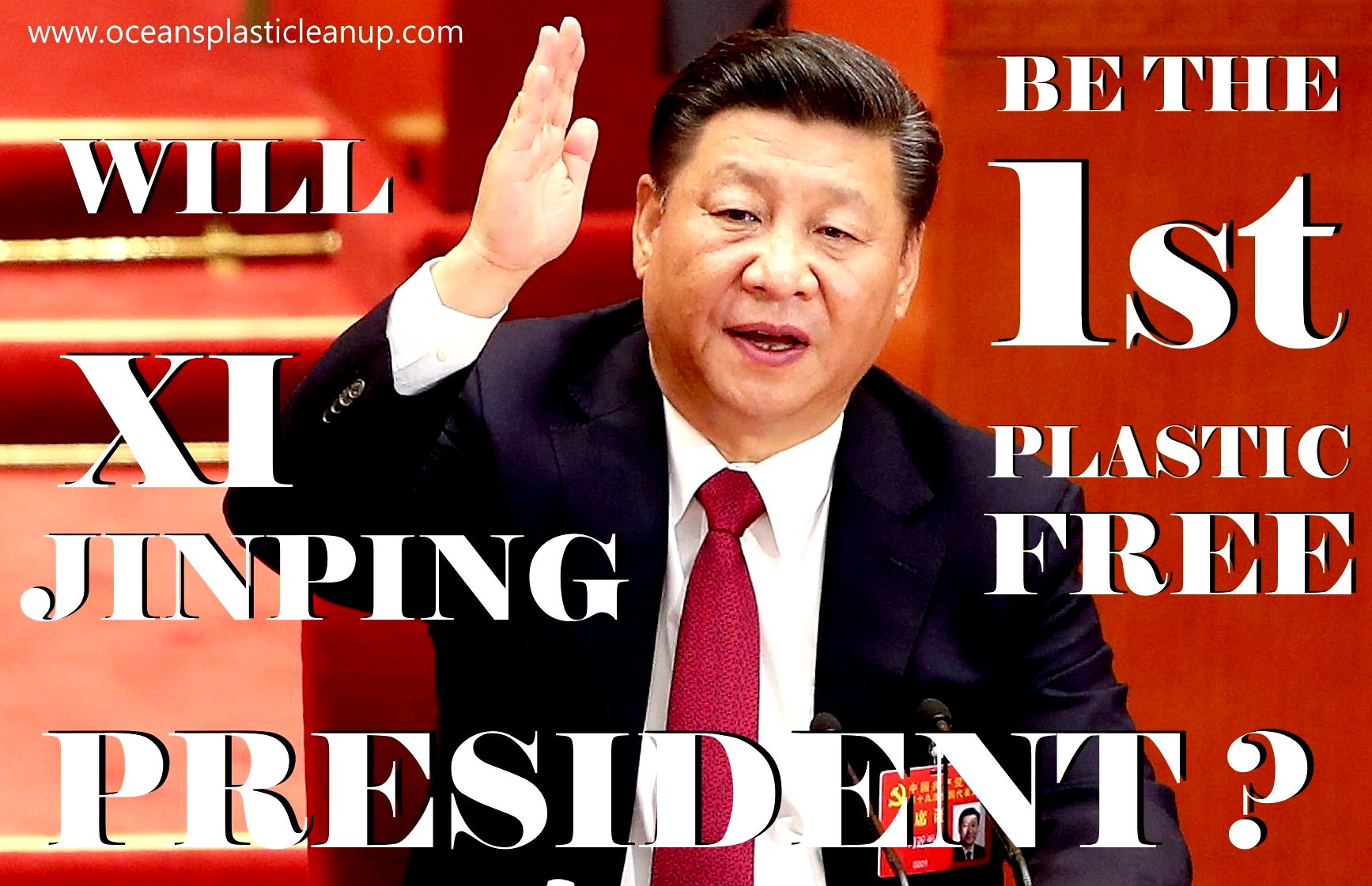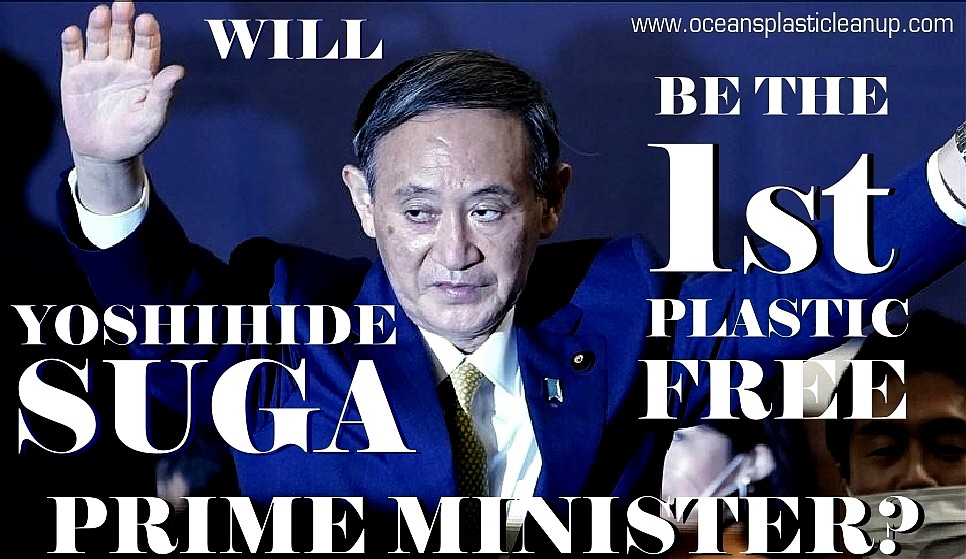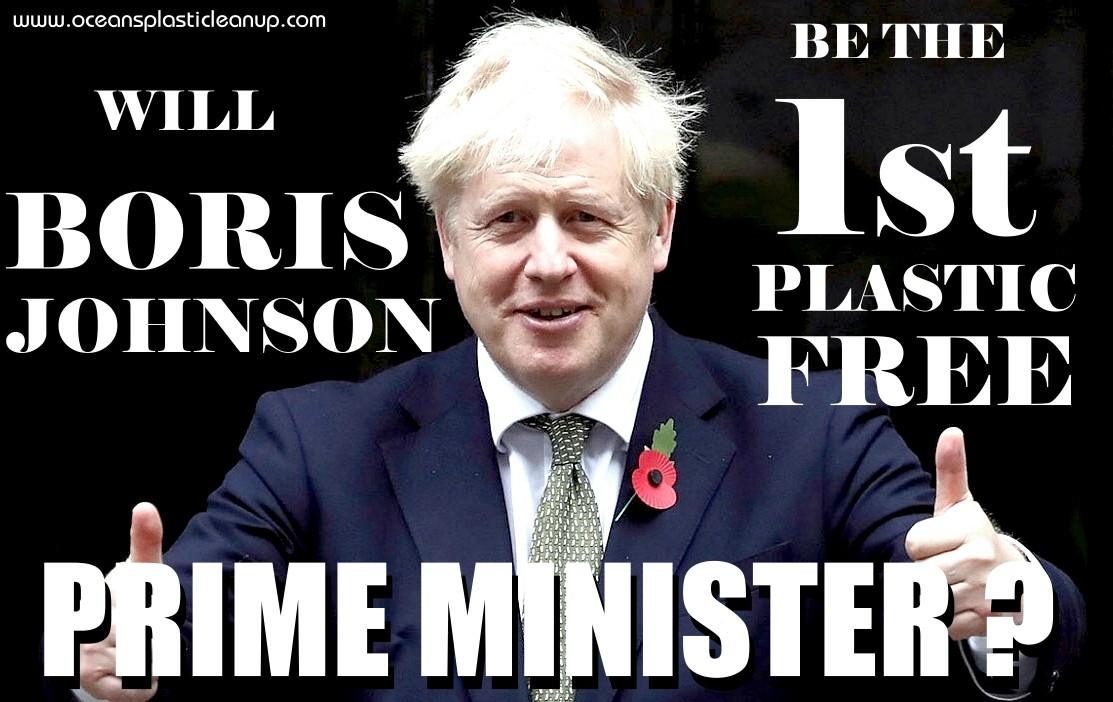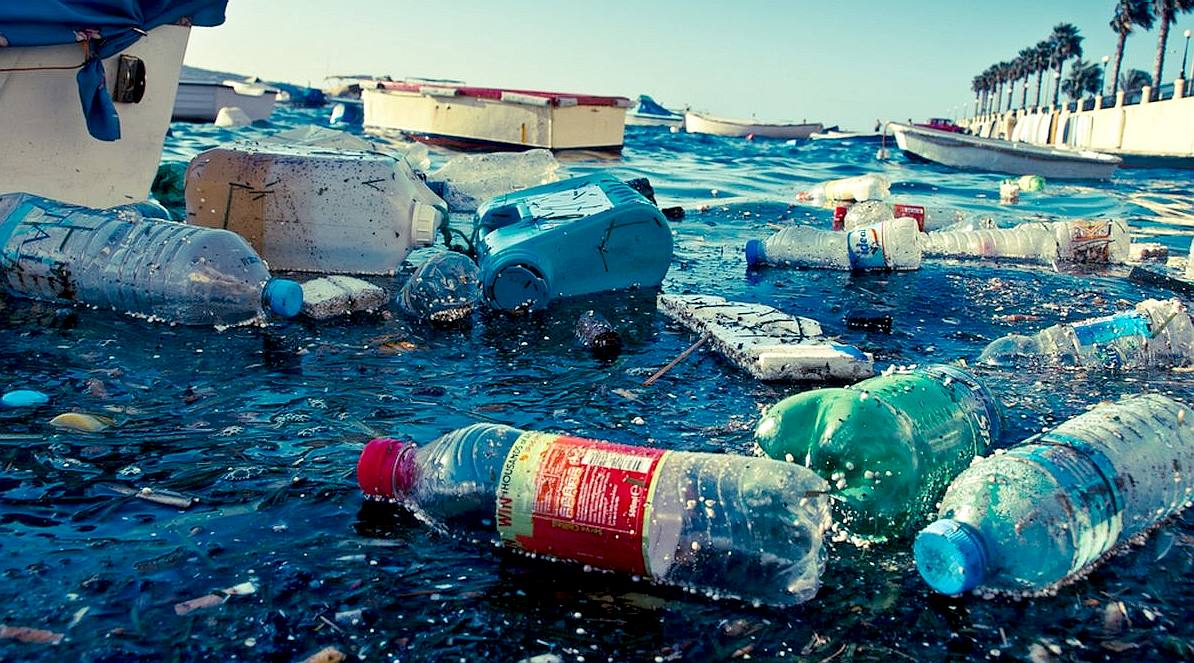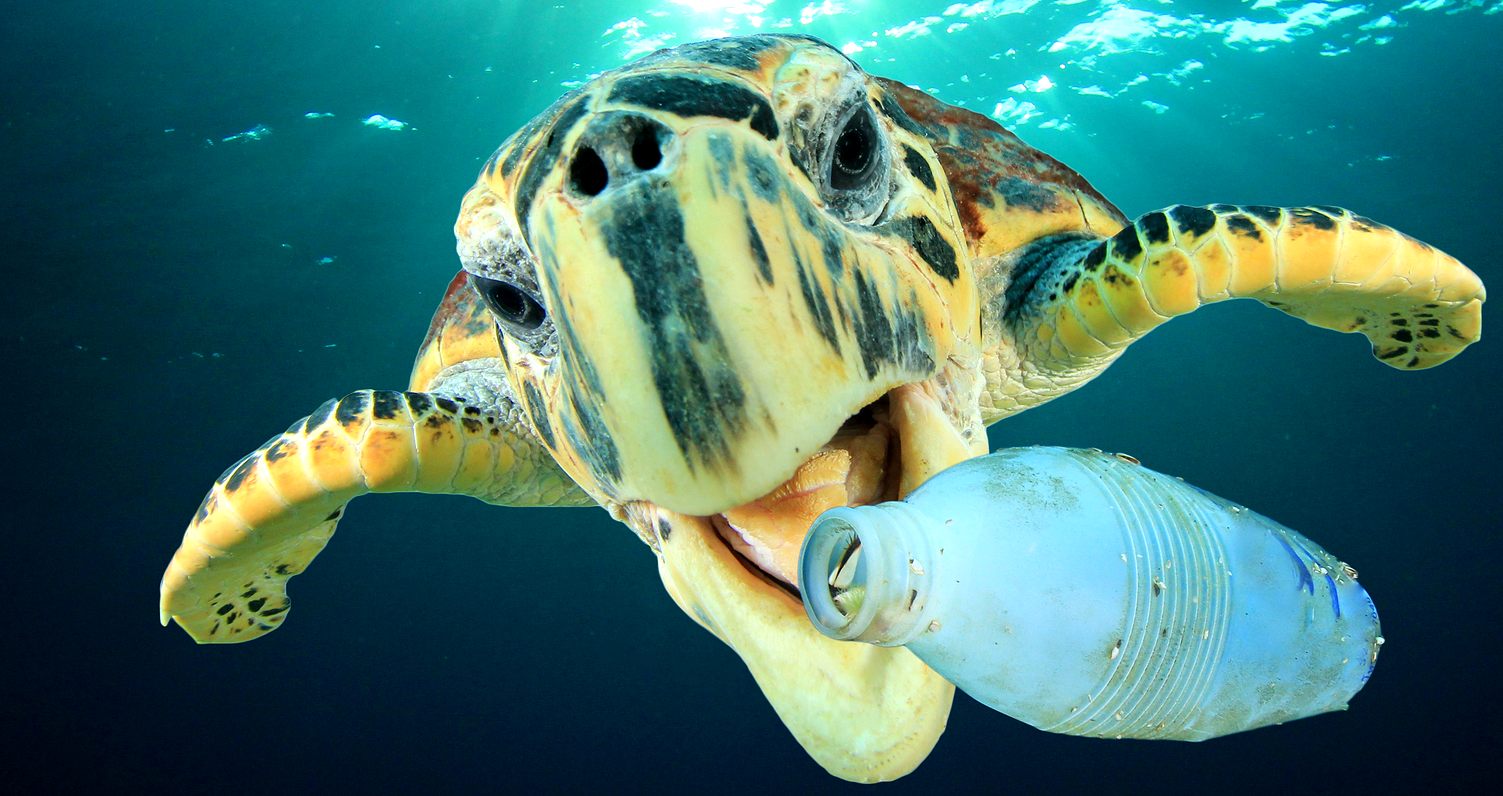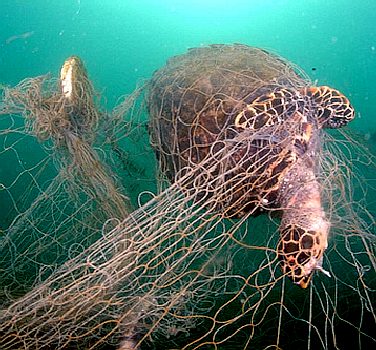|
5. 95% PLASTIC RECYCLING
PLEASE USE OUR A-Z INDEX TO NAVIGATE THIS SITE, OR SEE HOME
|
|
CAMPAIGN FOR ZERO WASTE - Supermarkets and oil companies have a lot to answer for. Politicians must explain why they let the retailers and fossil fuel industry get away with a practice they know to be harmful to marine life. Companies are largely driven by money and greed, their shareholders often kept in the dark. All the while millions of seabirds are dying, polar bears are playing with plastic and even shellfish have become inedible in some locations. This is morally unsound! Landfill sites are not a good thing in any event, but including plastic is a practice that should be outlawed.
The very existence of supermarkets encourages producers to seek ways of presenting their goods to compete for trade and vie for cost savings, to get the customers. And it must be said that plastic is useful for wrapping produce to keep it fresh, and the lure into unsustainable practices is understandable. But that was before we realised that we are poisoning the marine environment, and the fish that feed a substantial proportion of people around the world, upsetting the Blue Economy, where in the face of population growth and desertification, the sea is a valuable resource.
Equally, many consumer goods are packaged in large cardboard boxes, but then cushioned for transit with Styrofoam (expander polystyrene) and wrapped in polythene bags, etc. These goods include televisions, computers, white goods, cycles. And that many of these goods are supplied mail order, via internet shopping sites.
We therefore propose:
|
|
ARTICLE 5 (DRAFT)
1. That local authorities should work with retail outlets (such as supermarkets, Ebay and Amazon, Curry's) to collect, sort and recycle plastic waste such as PET & polythene bottles, caps, bags, and polystyrene, etc., rather then burn it, or send it to landfill sites.
2. That plastic waste should be banned in landfill sites, and exporting waste to third party countries should also be banned, such that each country (geographical region) is responsible for its own mess. Granted, that many countries are now refusing to accept plastic waste.
3. That recyclable materials should be used in preference to hard to crack plastics.
4. That conventional recycling of plastics should be stepped up to include more recovered material in new single use packaging, alongside virgin feedstock.
5. That high temperature, pyrolysis, treatment to recover plastic (feedstocks) should be adopted to crack difficult to recycle plastic packaging. This process typically leaving a residue of around 5%, some of which can be used for pigments.
6. That each geographical region should install and share one such pyrolysis (type) unit, or otherwise include recycled plastics in new products, in proportion to the waste in their administrative area.
7. In tandem with negotiating with supermarket chains, we should identify and target the makers of poorly packaged items, naming and shaming, but before that asking them to change their ways on a voluntary basis. We anticipate stiff resistance to change that will come from the introduction of such a scheme, requiring rigid enforcement.
8. That local authorities that fail to adequately monitor and provide such recycling facilities, should be subject to plastic tax for offsetting purposes, as per Article 7, such that better performing authorities may benefit from credits, especially where one district (allowably) takes the waste from another, but may not be exported to another country, save for uncontaminated waste, in line with the Basel Convention.
9. That synthetic textiles (clothing) is to be included as plastic waste for the purposed of recycling. (textiles being almost 100% recyclable.
1.
Supermarket packaging transformation (back) to paper predominantly
|
|
Some makers sell their produce based on exotic plastic packaging. One example is Ferrero chocolates that feature elaborate transparent casings, where printed cardboard can be just as appealing. Another is Cadbury's Fingers, where a plastic tray is wrapped in plastic, inside a cardboard box. One example of responsible packaging comes from McDonalds, where their burgers are wrapped in paper, or cardboard boxes, and come in paper bags. Well done and make mine a Double Big Mac to celebrate, with a clean conscience. Except of course for the beef, that should be ingested in moderation, given that we'll not be able to eat fish much longer. But that's another story, where we advocate no meat Mondays and vegetarian Sundays.
HELP US LOBBY FOR A CHANGE IN THE LAW - OUR 7 POINT PLAN (SDG14)
We need tougher MARPOL legislation and enforcement, to prevent plastic from rivers flowing into the sea. We implore you to write to your MP, Senator, Prime Minister, President, Queen or King, to ask them to agree to introduce laws and rules that make it illegal in their countries to allow river waste (including microplastics) into territorial waters - and from there into international waters. A law like this is sure to trigger the introduction of monitoring, barriers and cleaning operations with equitable rewards for any organization providing such services. So far your leaders have demonstrated that they don't give a jot, and will not tackle the monopoly enjoyed by their political backers.
INDUSTRY
Manufacturers
should look to replace single use plastic in packaging wherever
practical. Supermarkets should look for alternative packaging if it
would not detract from the quality of produce or make them
uncompetitive. They might support a
plastic-oil circular economy with recycling depositories at their stores.
INDIFFERENCE - Tangled in a societal maze and cemented by big business oligarchs, what chance does an oyster or muscle stand, let alone a turtle, where they cannot speak, write, or vote.
You can speak for them by not purchasing goods in packaged in plastic, unless it is responsibly recycled, and by fitting a filter to your domestic machines, where they empty to a sewage treatment system.
Polluted oceans are driving insecurity from the communities suffering from hunger, to warlords capitalising on the increasingly scarce resources. These impacts become the drivers of local conflicts which can be cultivated to escalate violence into wars for political control.
GOVERNMENT APATHY
Governments
simply don't care enough at the moment to revise their policies, because it's
cheaper to take a dump in the ocean and heaven forbid, spend money on filtration for
the sake of biodiversity.
Politicians are reeling from climate change, they know that nobody can see them
dumping waste in the oceans, and it underpins their frail economies to continue
to do so - for the sake of getting re-elected.
It's all about power, not lives. They will continue to slaughter defenseless
animals, so long as the electorate continue to do nothing. Doing nothing is the
same as agreeing with the slaughter. That is why we had World War Two, the moral
world finally had to act to stop Nazi
Germany invading and taking over the less able in Europe,
leading to concentration
camps, to eliminate political opponents and genocide
on an industrial scale. The perceived apathy will only change with a food crises and poisoned fish being declared carcinogenically inedible by the World Health Organization. I.e. with cancer victims falling like Covid-19 victims, taking up hospital beds. And even then that will only be because of the rising Healthcare bills. Governments actually seem to like it when elderly vulnerable patients bite the dust early. It's like ethnic cleansing, but legal. Or is it. Is it legal to engineer a situation where people die earlier? HARBOURS - The ocean washes up a small percentage of plastic flotsam to remind us of our sins. All the beach and marina cleaning is unable to keep up with the dumping in our rivers, which ends up swirling about the seven seas.
|
|
|
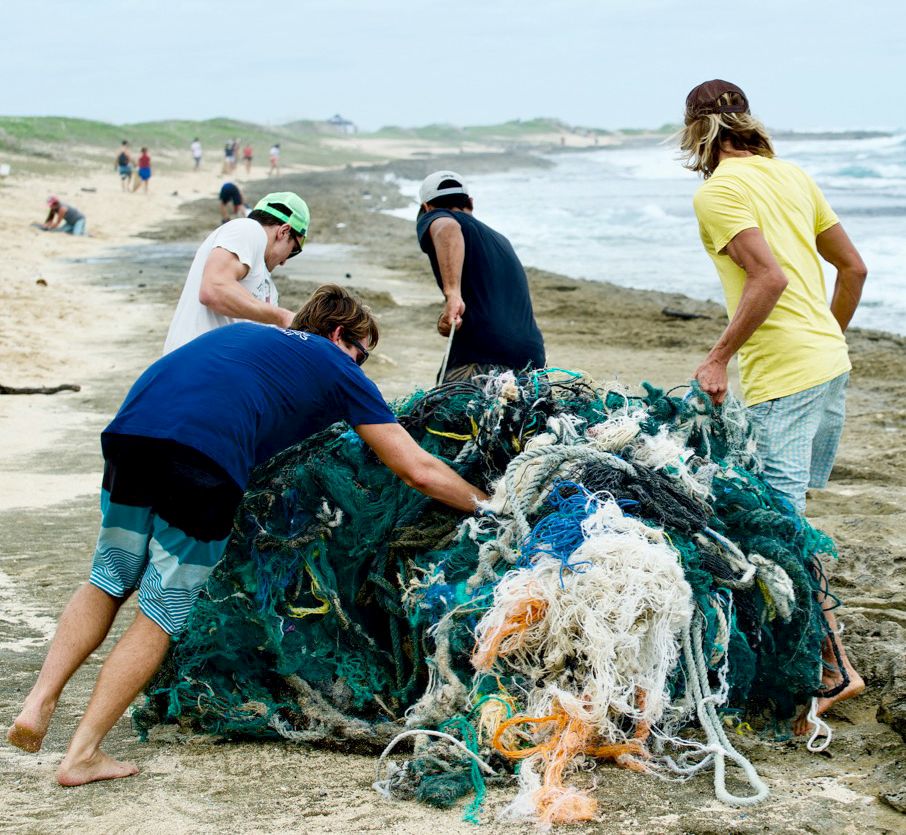
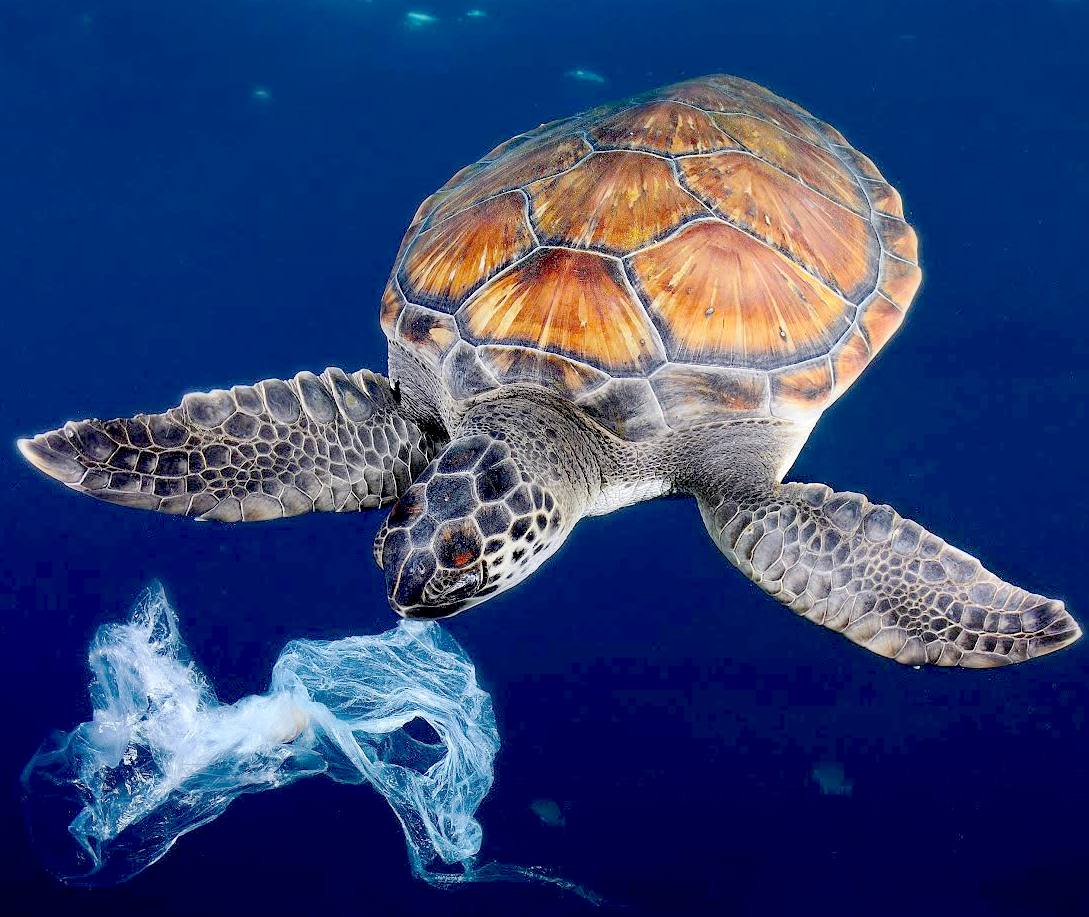
PLASTIC SNACKS - Below the waves and out of sight, marine life is eating plastic like there is no tomorrow, and there may well be, if nothing is done about it. Nets are trapping and suffocating wildlife and beaches are strewn with fishing discards and plastic flotsam. Big business is responsible, but not so much as the politicians who allowed this situation to develop.
|
|
|
PLEASE USE OUR A-Z INDEX TO NAVIGATE THIS SITE
This website is provided on a free basis as a public information service. copyright © Cleaner Oceans Foundation Ltd (COFL) (Company No: 4674774) 2021. Solar Studios, BN271RF, United Kingdom. COFL is a company without share capital whose founding objects are charitable, being not-for-profit.
|
